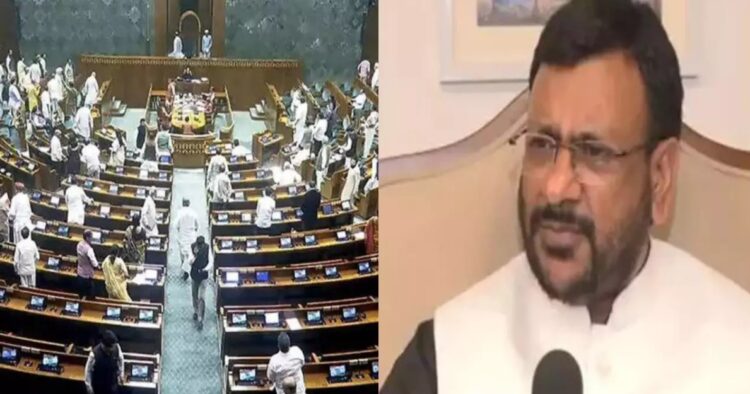- Bill aims to end Waqf corruption and ensure transparency.
- The opposition accused of exploiting Waqf resources.
- The Modi government committed to the fair use of Waqf assets.
The central government, under the leadership of Prime Minister Narendra Modi, is taking a historic step to reform the management of Waqf properties in India. The Waqf (Amendment) Bill, 2024, aims to bring transparency and accountability to Waqf boards, which have been plagued by corruption and misuse for decades.
On Wednesday, Uttarakhand Waqf Board chairman Shadab Shams strongly criticized the opposition for trying to block the bill. He stated that for 70 years, Waqf resources were exploited by political parties like Congress, Samajwadi Party, Aam Aadmi Party, and Janata Dal. These parties, along with organizations like Jamiat Ulema-e-Hind and the Muslim Personal Law Board, benefited from Waqf properties while depriving the poor of their rights.
Shams emphasized that the Modi government is committed to ending this corruption. He highlighted that poor Muslims trust PM Modi because, unlike previous governments, he is ensuring that Waqf resources are used for the welfare of the people instead of filling the pockets of politicians and religious groups. The bill, named ‘Ummeed’ (Hope), reflects this promise of justice.
The opposition, fearing the loss of their illegal control over Waqf assets, is misleading the Muslim community by spreading false claims that mosques will be taken away. In reality, the bill is focused on stopping corruption and ensuring that Waqf properties benefit the needy, not the elite.
The Parliamentary Waqf Bill has been introduced and will be discussed in detail. The BJP government is determined to pass this amendment, which will strengthen governance, bring accountability, and put an end to decades of exploitation. PM Modi’s leadership is once again proving that his government works for the people, not for corrupt politicians and middlemen.
ALSO READ: “Waqf (Amendment) Bill 2024: A Major Reform to Curb Corruption and Ensure Transparency”

















Comments